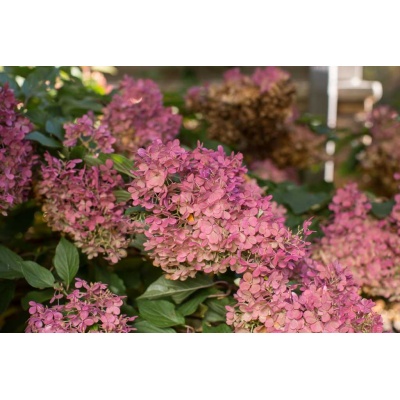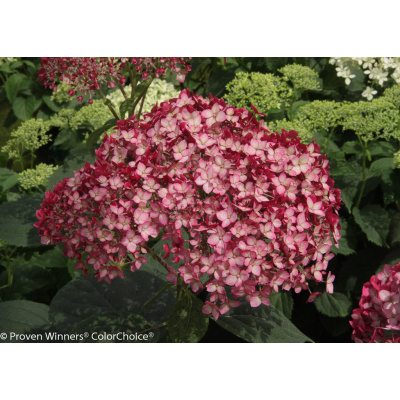Description
 Features
Features
Beautiful and versatile!
Spilled Wine® weigela shares the fabulous deep purple foliage and bright pink flowers of the classic Wine & Roses® weigela but in a smaller size. This useful plant grows wider than tall, making it the perfect choice for edging beds or walkways and for incorporating under windows in your landscaping. Like all weigela, it is deer resistant and very easy to care for.
Top reasons to grow Spilled Wine® weigela:
– Very colorful even when not in bloom
– Dwarf, wider-than-tall habit has many uses in the landscape
– Deer resistant
Characteristics
Plant Needs
Here is a nice comparison of our entire Wine series of weigela.
Spilled Wine® Weigela florida ‘Bokraspiwi’ USPP 23,781, Can 4,655



Reviews
There are no reviews yet.